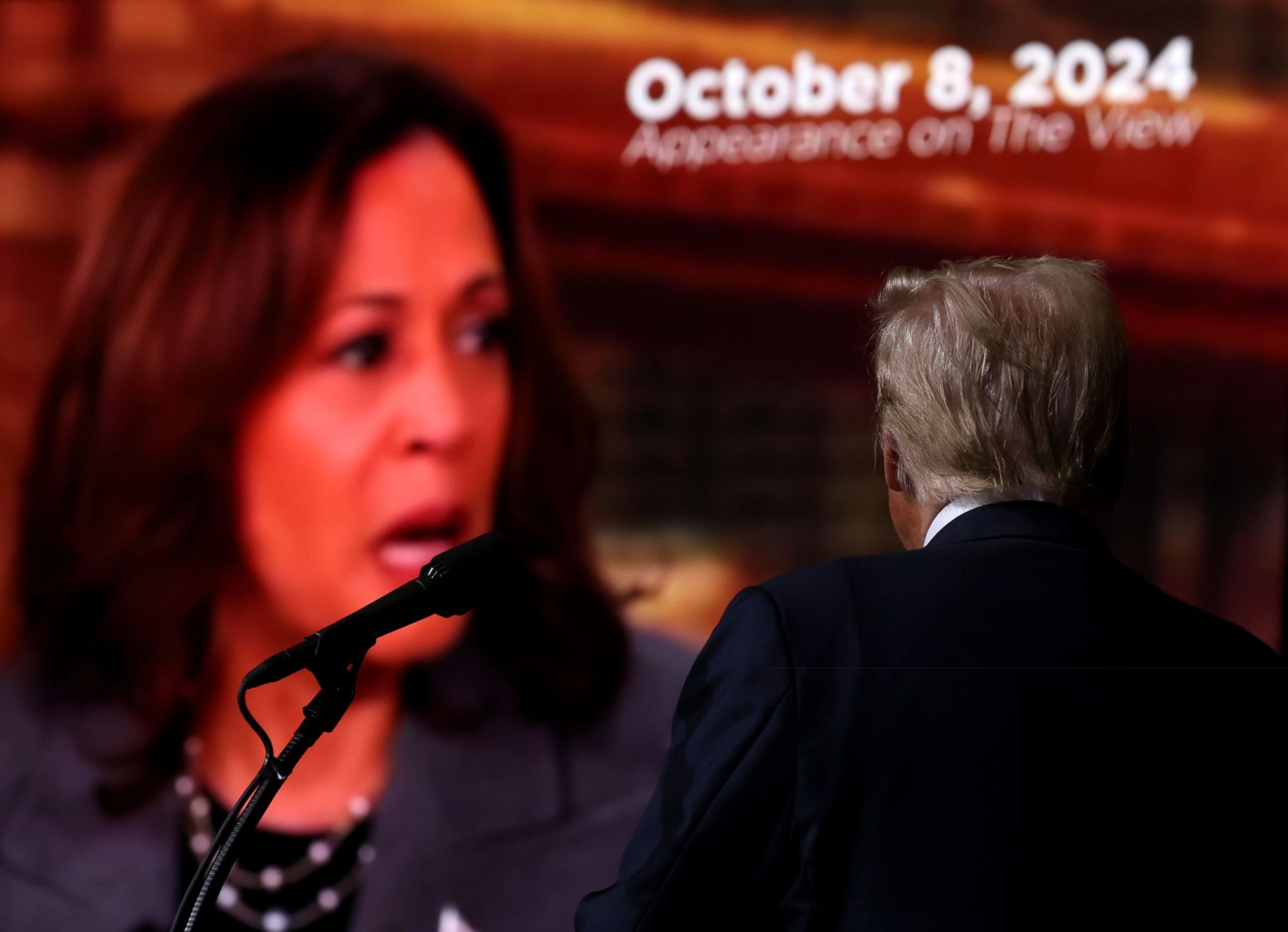
Election 2024 lacks meaningful change; candidates offer rhetoric, not solutions for Americans.

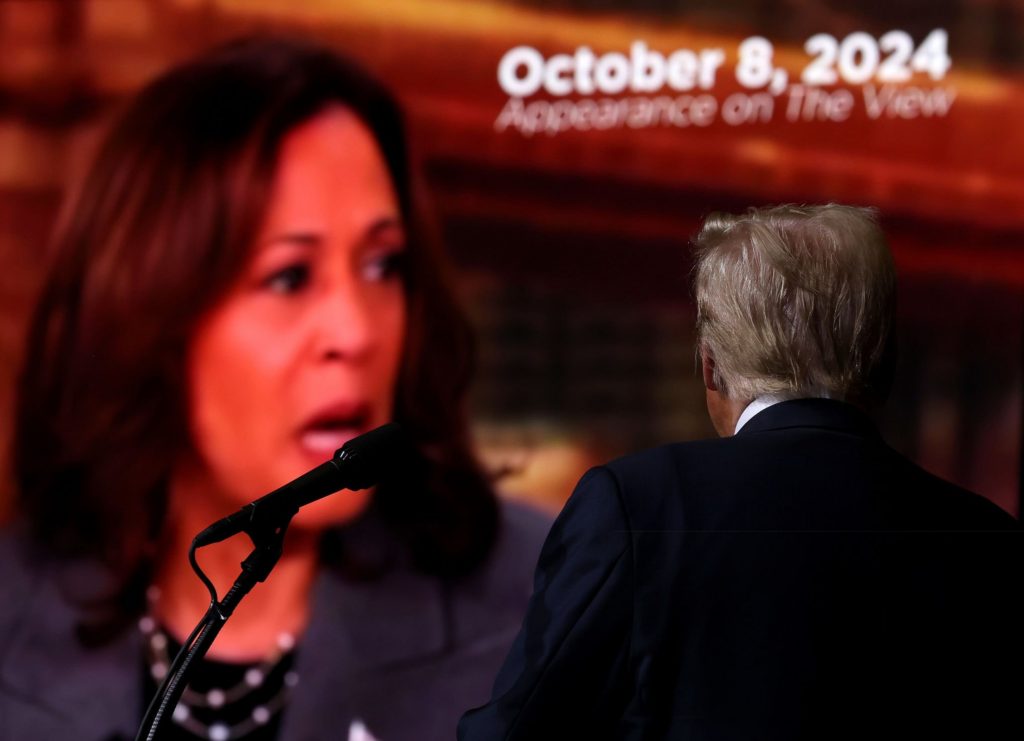
Welcome back to USA Brief, where we take a look at the upcoming 2024 U.S. Presidential election, a race where the candidates, Kamala Harris and Donald Trump, seem to be offering more of the same—rhetoric over real policy solutions. As both candidates promise to address similar issues like the economy, immigration, and foreign policy, the true concern remains the struggling American middle class, which continues to be overlooked. Despite their differences, this election appears unlikely to break the cycle of performative politics.
If Kamala Harris wins in November, she will be the first woman elected President of the United States. The mixed-race Harris will also be the first Asian-American to hold the office, being ethnically Indian through her mother, and the second Black American, through her Jamaican-born father. While the mainstream media will celebrate these facts and suggest that they are the reasons she won, they are not.
No matter what narrative is being spun, a Harris win would not generate the same excitement that electing Obama in 2008 did. Unlike Obama, Harris (like Biden before her) is simply running on the premise that she is not Donald Trump. A Harris victory would not really be an endorsement by the American people, but rather a continued rejection of Trump.
But Is That Still The Case?
Biden was elected on the promise of not being Trump. Domestically, his knee-jerk counterreaction to Trump’s US-Mexico border position was to greatly deregulate immigration from the south. Now that Biden has dropped out, the Democratic Party has gradually realigned itself on the border and immigration issue, with Harris campaigning on a stricter border policy. Both Harris and Trump have also pledged to tackle the economy and reduce inflation.
In terms of foreign policy, both Harris and Trump have reaffirmed their support for Israel’s “right to defend itself” and have taken a hardline stance against China (with Trump using stronger rhetoric in both instances). The only issue on which they diverge is Ukraine. If the election is to be decided on immigration and the economy, the American people are presented with two candidates who are promising to address the same issues, but in different ways. Should Harris lose—a likely outcome in a close race that will be decided by seven states—a Trump re-election would not be about policy but about rhetoric (as was always the case). His supporters do not care about his policies.
Trump’s supporters back him because just mentioning his name provokes such a visceral reaction from those on the left. The Trump phenomenon is rooted in a group of people whom both parties had, until 2016, discarded and devalued. The Democratic Party’s response to this phenomenon has remained unchanged since Hillary Clinton first labeled his supporters as “deplorable” in 2016. If the left manages to block Trump from yet another election, it will not change what Trump represents to his base. A Harris victory would do nothing to heal this divide. Similarly, a Trump victory would not foster unity but would instead energize a group more interested in feeling powerful through visibility than in seeking consensus.
Ultimately, it does not matter who wins in November. In a race where the candidates are more similar than they realize—or would ever admit—the actual policy changes and implementations are unlikely to be significant. While Trump is poised to pursue far-reaching and radical changes if elected, as outlined in the Heritage Foundation’s Project 2025, the left’s overarching strategy of “not-Trump” leaves the American people without strong policy leadership. It is clear who the individuals aspiring to be the next Trump are within the Republican Party. It is far less clear what the lines of succession are within the Democratic Party.
Taking a step back, one persistent trend is the declining health of the American middle class. From Obama to Trump to Biden, neither party’s leadership has enacted meaningful federal policies to address the grievances faced by the shrinking, squeezed middle class. The small upper class continues to grow wealthier, while the lower and working classes expand. The path to social mobility remains stagnant.
While Harris is the only candidate to explicitly acknowledge the middle class, moving forward, the true measure of the next President of the United States will be whichever nominee actually presents feasible plans to regain the trust and confidence of the struggling middle class, rather than merely talking about it. Until that happens, it does not truly matter who wins. The American people will lose. The current strategies from both parties, in a Trump-dominated political landscape, consist of superficial promises and performative rhetoric. Election 2024 will not be the one to break this cycle.
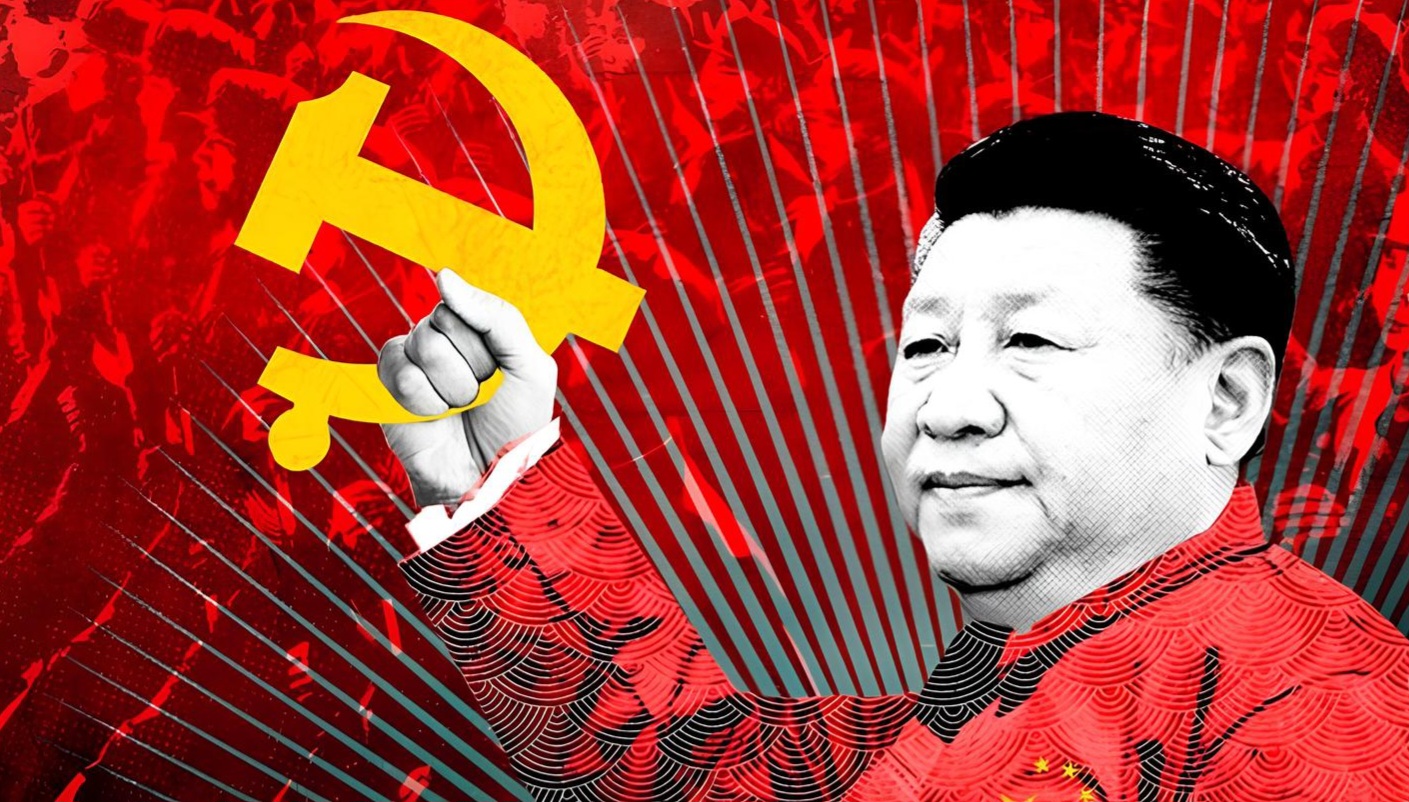
The historical Thucydides Trap looms, raising concerns about the region’s stability. Dialogue is crucial to avoid conflict in this intricate power play.
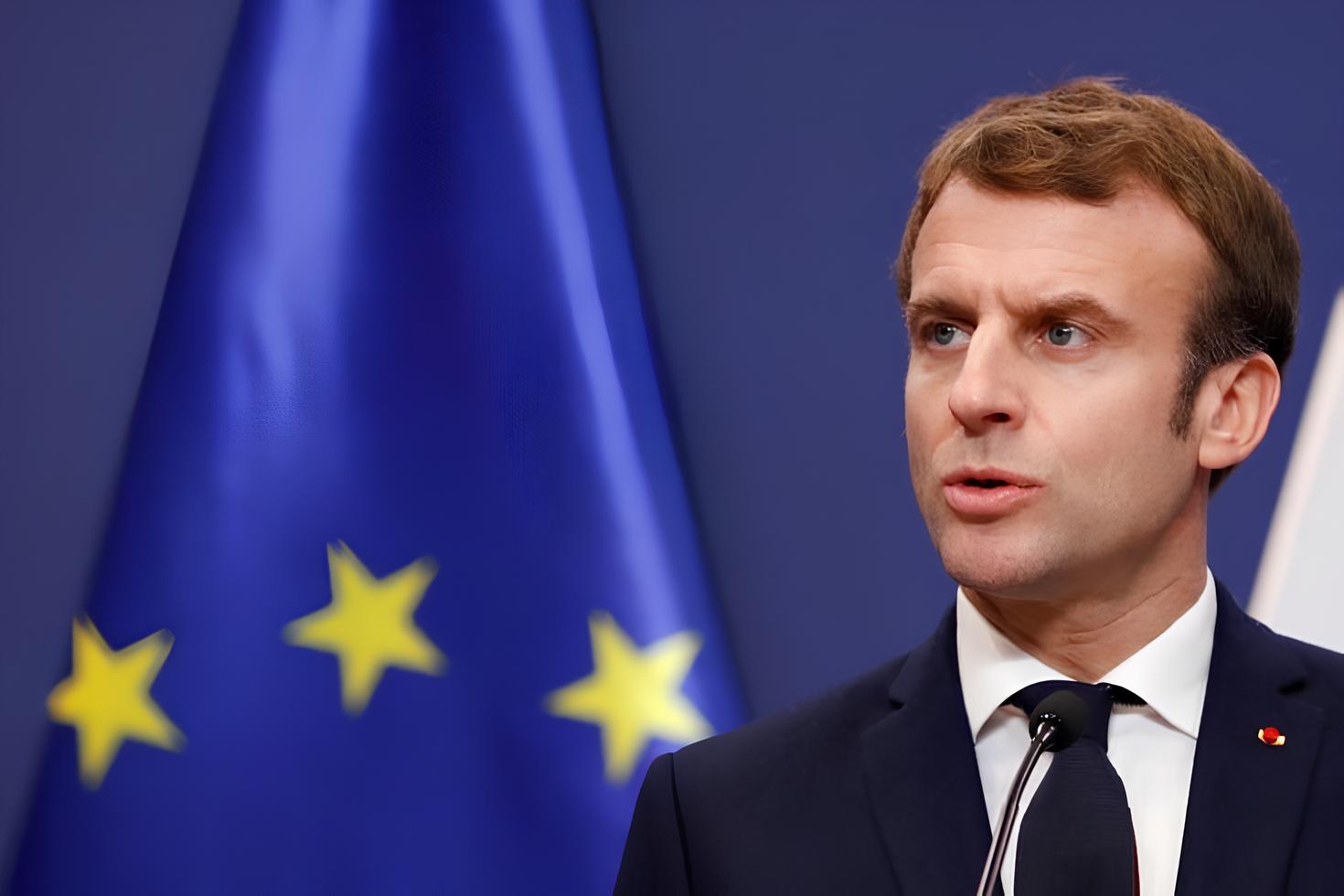
Macron paid a visit to Kazakhstan and Uzbekistan against Russian and Chinese Influence in the region.
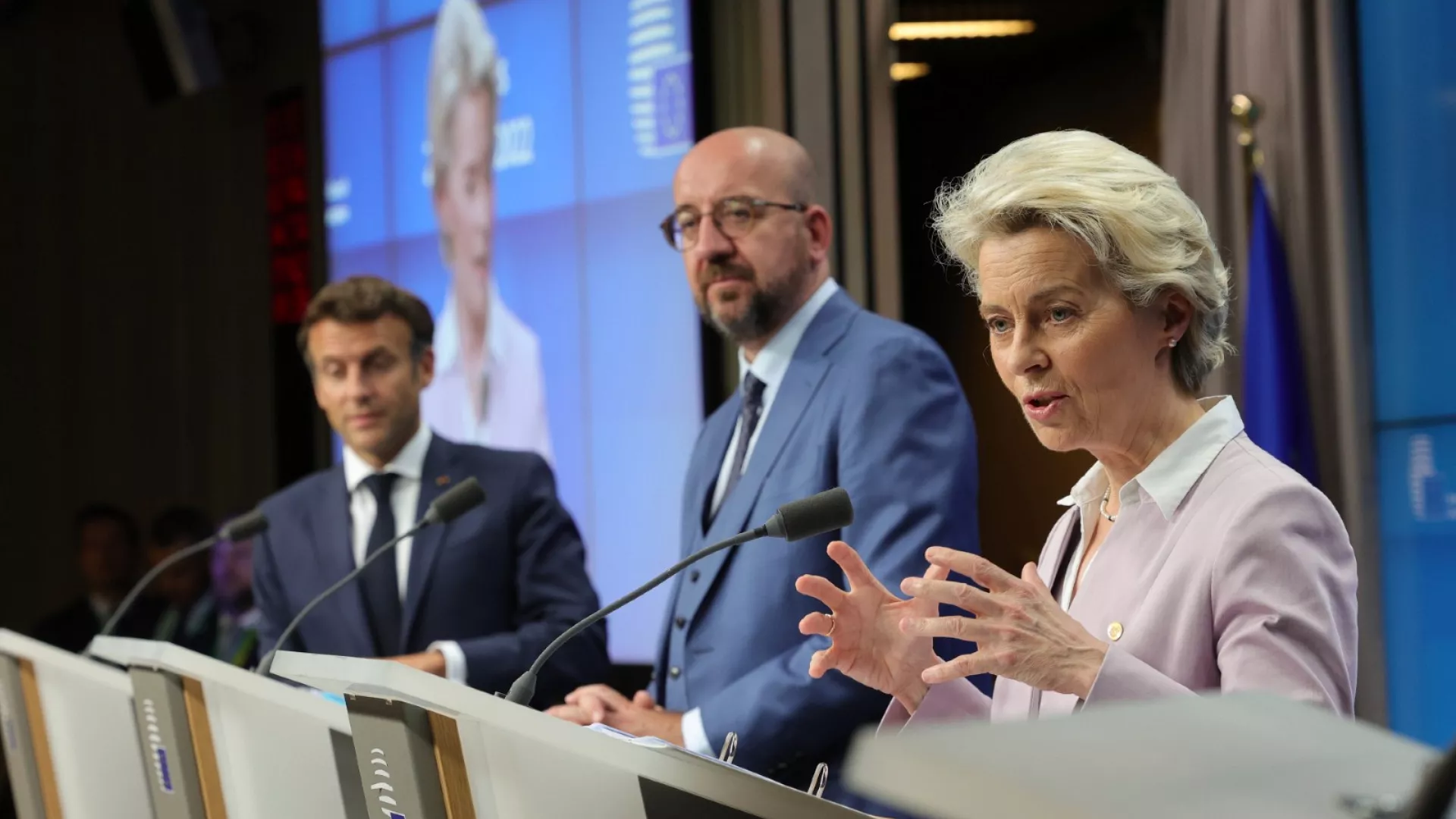
European elections shake the political landscape as far-right gains momentum. Mainstream parties struggle to maintain influence amid rising public dissatisfaction and democratic deficits.

To be a boss in the Middle East means constantly being tested through alliances and power games.
Written By: BATUHAN GUNES
Written By: KRISTIN HYNES
Written By: ERIC SONG
Written By: ALEXANDER BERGH
Written By: KATE-REID SMITH
Written By: JOSEF SCHOEFL
Written By: PATRIC MCFARLAND
Written By: FATIH CEYLAN
FA’s flagship evening newsletter guilding you through the most important world streis ofthe day. Delivered weekdays.
